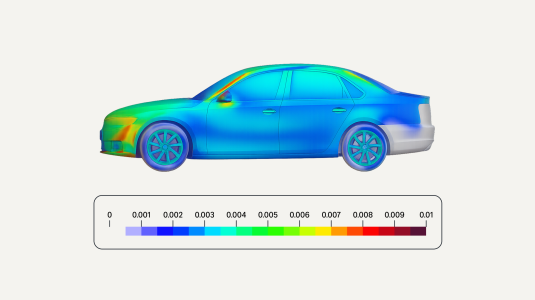Customer-obsessed science


Research areas
-
September 26, 2025To transform scientific domains, foundation models will require physical-constraint satisfaction, uncertainty quantification, and specialized forecasting techniques that overcome data scarcity while maintaining scientific rigor.
-
Featured news
-
RSS 2025, ICRA 20252025We consider the problem of designing a smooth trajectory that traverses a sequence of convex sets in minimum time, while satisfying given velocity and acceleration constraints. This problem is naturally formulated as a nonconvex program. To solve it, we propose a biconvex method that quickly produces an initial trajectory and iteratively refines it by solving two convex subproblems in alternation. This
-
2025With increasing demands for efficiency, information retrieval has developed a branch of sparse retrieval, further advancing towards inference-free retrieval where the documents are encoded during indexing time and there is no model-inference for queries. Existing sparse retrieval models rely on FLOPS regularization for sparsification, while this mechanism was originally designed for Siamese encoders, it
-
2025Toxicity text detectors can be vulnerable to adversarial examples - small perturbations to input text that fool the systems into wrong detection. Existing attack algorithms are time-consuming and often produce invalid or ambiguous adversarial examples, making them less useful for evaluating or improving real-world toxicity content moderators. This paper proposes an annotation pipeline for quality control
-
2025This paper describes the synthesis of the room acoustics challenge as a part of the generative data augmentation workshop at ICASSP 2025. The challenge defines a unique generative task that is designed to improve the quantity and diversity of the room impulse responses dataset so that it can be used for spatially sensitive downstream tasks: speaker distance estimation. The challenge identifies the technical
-
Accurately quantifying product carbon footprints (PCFs) is critical for organizations to measure environmental impacts and develop decarbonization strategies. However, traditional methods require Bills of Materials (BOMs) data as a key input for PCF estimation, which is time-intensive and limits scalability. We present Palimpsest, an automated BOM generation algorithm given product specification as input
Collaborations
View allWhether you're a faculty member or student, there are number of ways you can engage with Amazon.
View all













































